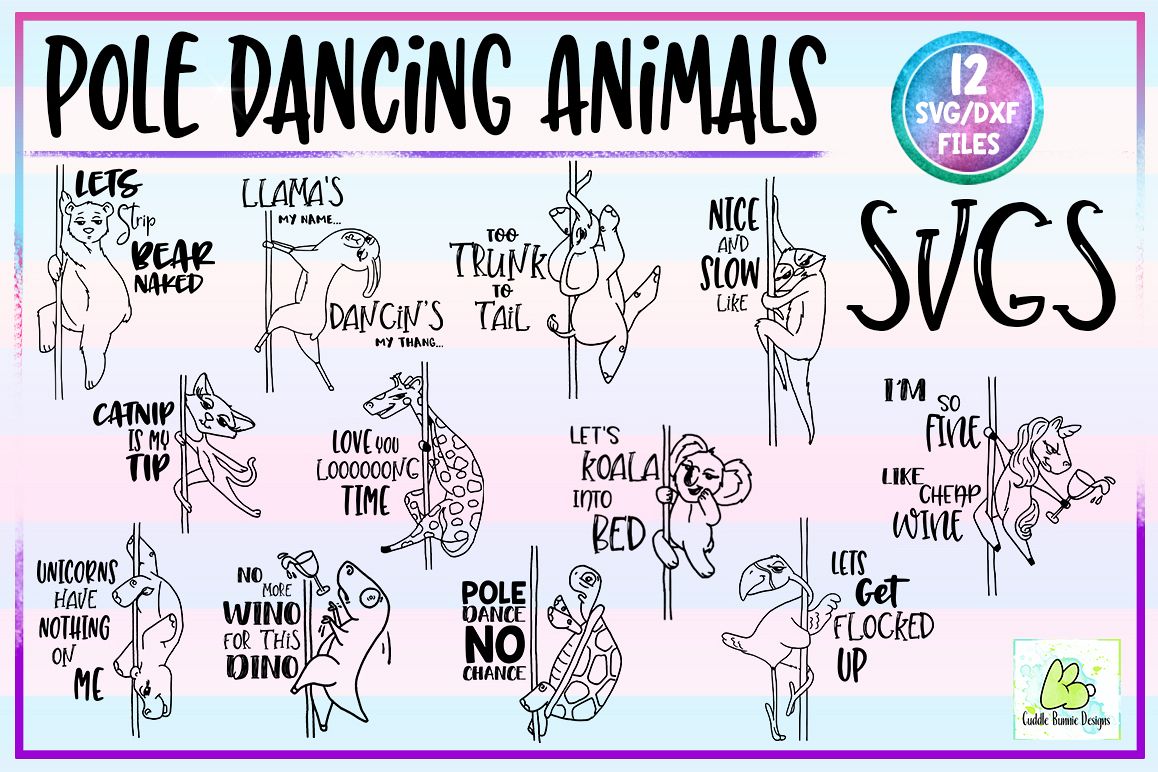Pole Dancers Are No More Seen Through The Lens Of Social Stigma However As Symbols Of Empowerment, Triggering Discussion Concerning Identity And The Future Of Work In This Progressing Market
Pole Dancers Are No More Seen Through The Lens Of Social Stigma However As Symbols Of Empowerment, Triggering Discussion Concerning Identity And The Future Of Work In This Progressing Market
Blog Article
Authored By-Creech McCarthy
You've most likely observed how perceptions of removing have changed in time. What was once an occupation shrouded in preconception is currently being embraced as a kind of empowerment. Strippers aren't simply entertainers; they're redeeming their stories and structure businesses. This transformation raises essential concerns about identification, firm, and the future of work in the sector. Exactly how did we obtain right here, and what does it suggest for those included?
Historic Context: The Stigmatization of Stripping
Although lots of people check out removing as a debatable profession, its historical context exposes deep-rooted preconceptions that have actually developed with time.
strippers for hire phoenix mightn't understand that stripping dates back hundreds of years, with efficiencies frequently intertwined with religious and social methods. Over the centuries, societal norms shifted, and removing came to be related to immorality and exploitation.
Females, particularly, faced severe judgment for their choices, resulting in an assumption of removing as a last resource. This stigmatization commonly outweighed the virtuosity and skill associated with the craft.
As you explore the development of pole dancer tasks, you'll see how these historic prejudices have actually formed the industry's current landscape, influencing perspectives and the experiences of those within it.
Understanding this context is vital for significant conversations about stripping today.
The Shift: Empowerment and Agency in the Sector
As social perspectives in the direction of sex job remain to progress, many strippers are reclaiming their narratives and stressing empowerment and company within the market.
You'll observe that more dancers are speaking out about their selections, highlighting their autonomy and the skills they offer the table. They're not simply performers; they're savvy businesswomen that manage their own professions, develop brands, and browse their work environments with self-confidence.
This shift has brought about a more encouraging community among strippers, promoting solidarity and shared respect. By focusing on empowerment, you'll find an expanding number of dancers supporting for their civil liberties and pushing back versus obsolete stereotypes.
This newly found firm is changing the industry, enabling strippers to embrace their identities by themselves terms.
Campaigning for and Representation: Strippers as Business owners
The empowerment movement among strippers is paving the way for a new age of entrepreneurship within the market.
You're experiencing a shift where strippers are taking control, launching their own organizations, and using their systems to support on their own. Many are producing brand names, from product to on the internet content, leveraging their one-of-a-kind experiences to connect with target markets.
This change not just helps combat preconception however additionally advertises monetary independence. By embracing Read Far more , strippers are redefining success on their own terms.
You're seeing them become role models, revealing that with creative thinking and decision, any person can thrive in this room. Via advocacy and depiction, they're showing that pole dancers aren't simply performers; they're smart entrepreneurs forming their futures.
Final thought
In conclusion, the evolution of stripper work highlights a remarkable journey from stigma to empowerment. As social mindsets shift, you see strippers redeeming their narratives and showcasing their skills with pride. Accepting entrepreneurship, these performers are not just performers however also business leaders, inspiring others to challenge obsolete stereotypes. By fostering a supportive neighborhood, they pave the way for future generations, proving that removing can be an effective expression of agency and creative thinking.
